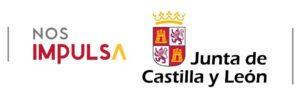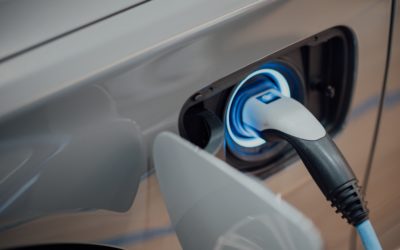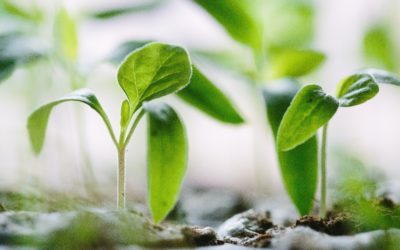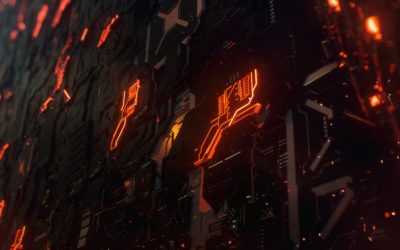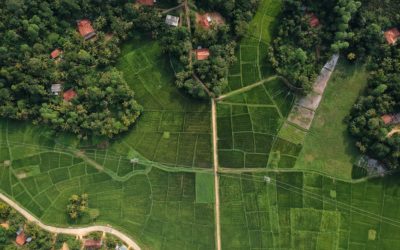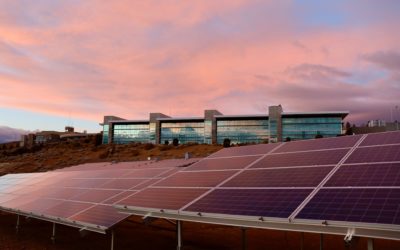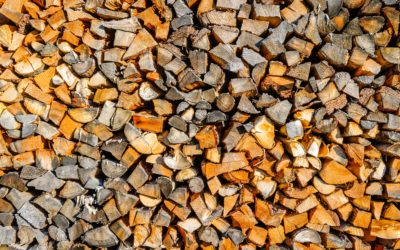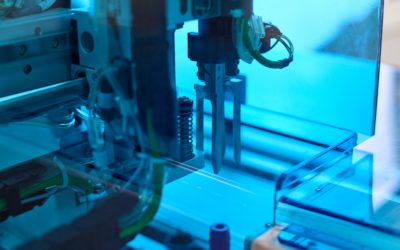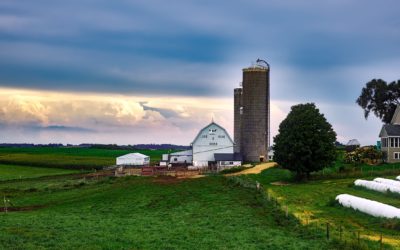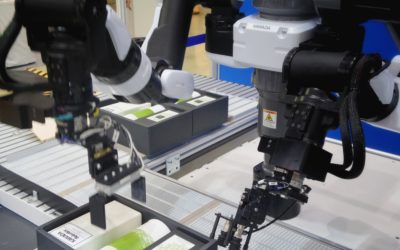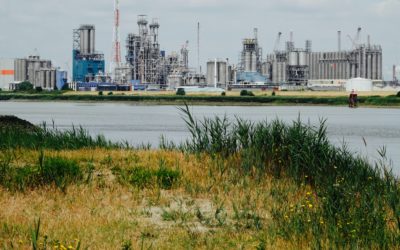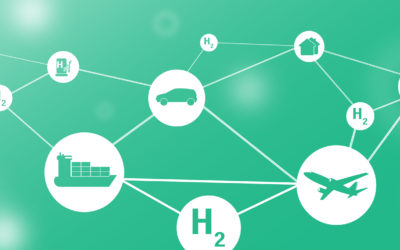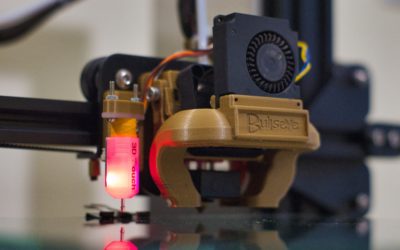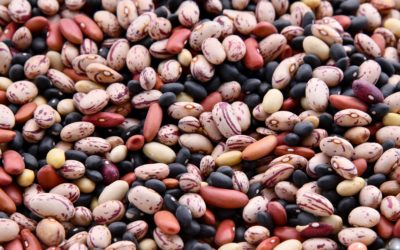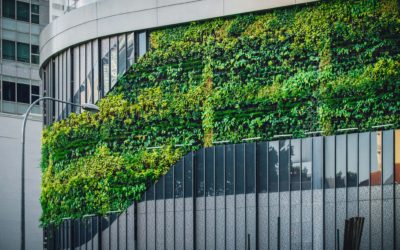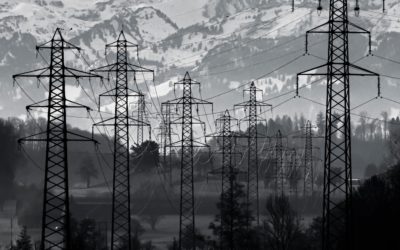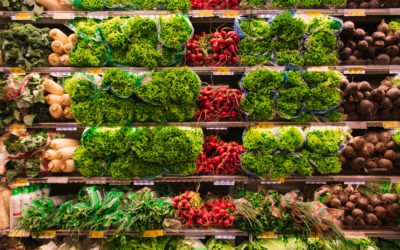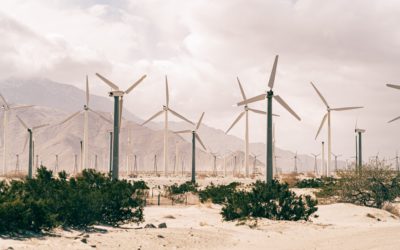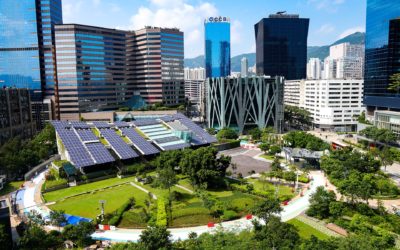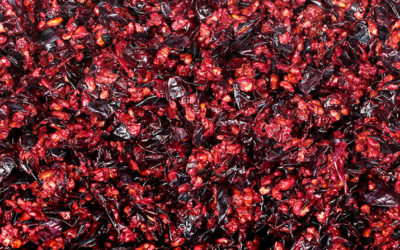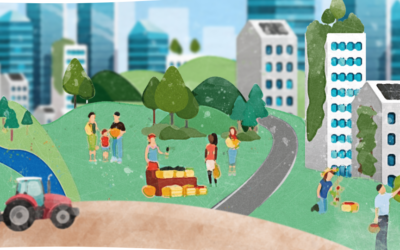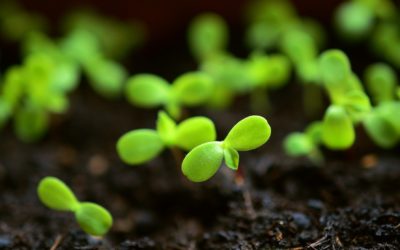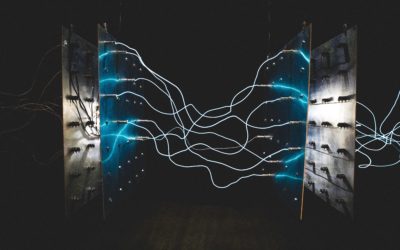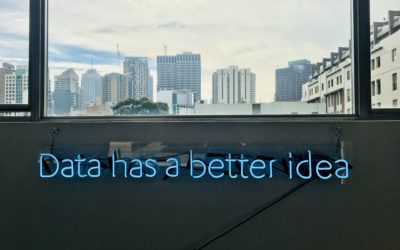CARTIF Projects
Study of the use of alternative protein sources from agro-industrial by-products.
Proteins are one of the essential macronutrients in the diet that are facing a foreseeable shortage due to the strong demand that exists to cover the needs of the coming population. In order to meet this demand, as well as the quality requirements that must be met, new sources of protein need to be incorporated into the diet and processing methods need to be developed to make it easier to obtain and consume. Among the many solutions proposed for this so-called protein transition, the search for new, more sustainable protein sources and the use of technology to make the most of existing resources and use them in a more sustainable way are valued.
As part of its strategy of using technologies to improve the use of alternative sources and the possibility of recovering the value of by-products, the Centre is working on the valorisation of components of the by-product matrix generated during processing and how the use of technologies such as extrusion can help to increase their applicability. In addition, the Centre has been working since the beginning of the Area’s activity on the development of healthier foods by reformulating existing foods, substituting alternative raw materials of greater nutritional value in food formulation and applying processes that promote the increased use of less conventional ingredients and by-products.
The research line aims to increase the extractability of protein sources and other compounds of nutritional interest, naturally present in by-products generated in the transformation processes of the food industry, through the use of “green technologies” of pre-treatment such as extrusion, which allows the transformation of the components of the material to increase its subsequent applicability.
This line includes the need to include equipment that allows the characterisation and quantification of parameters that define the properties of ingredients and finished products at a higher level than conventional chemical determinations. SEM-EDS (Scanning Electron Microscope with Energy Dispersive Spectroscopy) and RVA (Rapid Viscosity Analyser) equipment can contribute significantly to the characterisation of extruded proteins by providing valuable information on the structure, characterisation of particle size and morphology, composition, functional and rheological properties of the extracted proteins.
Objectives
- Acquisition and commissioning of new equipment.
- Identification and improvement of alternative protein sources for incorporation into healthier and more sustainable foods.
- Study of the application of pre-treatment processes as methods for extracting and modifying proteins and other nutrients from agri-food by-products.
- Study of the techno-functional properties of raw materials from valorisation and evaluation of their application to the development of healthy and sustainable foods.
Expected Results
- It will further deepen the knowledge of the starting material by being able to know exactly how the processes affect the molecular structure and thus how they affect the techno-functional properties to the benefit or detriment of identifying new applications for the development of new products.
- Obtaining protein sources from the valorisation of by-products creates an opportunity to meet the Sustainable Development Goals. It will be possible to identify and quantify the effectiveness of these processes and of the extracted proteins to be used as new ingredients without harming the environment.
- A beneficial impact on health, associated with digestibility and amino acid composition, is expected from the way these proteins are extracted, associated with the knowledge that will be established of the process parameters during extraction and the determination of the properties by means of the equipment that is the subject of this investment.
- The aim is to increase the added value of natural resources such as the by-products generated by the usual activity of the food industry to be used as a source of new ingredients, thus closing the production cycles and helping to minimise the impact of food waste.
R&D Line
- Research into the use of new protein sources and application of innovative technologies for modifying the techno-functional properties of ingredients and obtaining new food products.
Responsible
Belén Blanco Espeso
Division of Agrifood and Processes
Networking
Other projects:
S4UG
S4UG is a feasibility study that pretends to demonstrate the technical and commercial feasibility of the services based on the observation of the Earth that addresses the design, planification and management of the urban green infrastructure.
EVPLAN
EVPLAN looks for developing tools that use as strategic decision making base that benefit users and future consumers of the electric vehicle
PACES Logroño
The aim of the project is the preparation and elaboration in the framework of the Deal of Majors for the Climate and Energy, of the Plan of Action for the Climate and Energy Sustainable of the municipality of Logroño.
K-HEALTHinAIR
K-HEALTHinAIR busca evaluar la calidad del aire interior en 9 diferentes escenarios representativos a nivel europeo en base a una campaña de monitorización de parámetros físicos, químicos y biológicos. El estudio se llevará a cabo en 5 pilotos diferentes distribuidos por toda Europa: Barcelona, Rotterdam, Baden-Wurtemberg, Polonia/Austria y Noruega.
MOD4SMART
MOD4SMART aims to apply smart technologies to improve the energy and operational performance of the buildings focusing on industrialised construction as key future element in this context, and carrying out research and development on simplified models to be integrated in building smart systems.
AEROSOLFD
AEROSOLFD aborda el reto de mejorar la calidad del aire en zonas urbanas debido a las emisiones de partículas nocivas del transporte rodado, especialmente las debidas a los tubos de escape y al uso de frenos.
s-x-AIPI
The overall objective of s-X-AIPI (self-X Artificial Intelligence for European Process Indsutry digital transformation) is to research, develop, test and experiment an innovative toolset of custom trustworthy self-X AI technologies and applications.
SUPERA
SUPERA project is based on increasing and improving the knowledge of the mechanisms of action of RNAi in the framework of plant health, thus boosting agricultural productivity and environmentally friendly forest health. Environmental RNAi refers to the uptake of RNAs from the environment that can induce systemic gene silencing in the organism.
SPANDAM
Development of a simulation tool to support decision-making and the design of public policies aiming to achieve a balanced and sustainable demographics, socieconomic and environmental development in areas affected by depopulation.
PhotonHub Europe
PhotonHub Europe is the unique european Hub (DIH) in photonic that integrates the best technologies, facilities and knowledge in photonics as well as the experience of 53 partners of all Europe. The result is the creation of a unique window that offers a huge variety of support resources for industry to accelerate the integration of photonic in its products and processes.
RethinkAction
Development of a cross-sectoral decision-making platform to foster climate action, focusing on climate mitigation and adaptation.
Damperdoor
DAMPERDOOR looks to develop a competitive system and of high benefits for sliding doors in furniture sector. These features aim for a self-controlled closure, independent of the excessive force that a user may bring to the closing action, thus avoiding shocks and with the ability to complete the travel to a full and accurate closure.
RENERMap
The main objective of RENERMap is to achieve a detailed analysis of the renewable potential available at local level, including both roofs and municipality land, to respond to the demand of energy that it generates, and to help to achieve the development of self-sufficient energy municipalities.
Happening
HAPPENING project is developing a solution based on decentralised heat pups tha are easy to install, low-intrusive for the building´s occupants and easily adaptable to a large number of different building situations.
Sustainable Biofuel Generation and Purification Process
The project is focus on the valorisation of agro-industrial organic residues for the production of biomethane, through anaerobic digestion processes. Also, the use of technologies for the treatment of gaseous and liquid streams will be based on membrane contactors and reverse osmosis membranes, respectively. On the other hand, pretreatment of samples with microwaves will also be studied.
New equipment in advanced digital manufacturing
This proposal focuses on the Fab LAb (Fabrication Laboratory) concept, which is a digital fabrication workshop for personal use, i.e. a space for the production of physical objects on a personal or local scale that brings together machines controlled by computers. Its particularity lies in its size and its strong link with society rather than industry.
Development of research lines on air quality and agro-ecological processes.
The research lines of AIR QUALITY and AGRO-ECOLOGICAL PROCESSES seek to achieve sustainable solutions to alleviate environmental problems such as poor air quality, urban green regeneration, environmental well-being in cities, management and restoration of urban watersheds, sustainability in the use of resources and energy in cities, conservation of urban ecosystems…
VALOMASK
VALOMASK project aims at the design and development of sustainable management of single use face masks in the context of the COVID-19 outbreak. The initiative arise due to the exponential increase in medical waste generated during the pandemic.
AgriGenomics Hub
The project focuses on boosting the biotechnology activity in the agroindustry in Turkey, from the farm to the agro company, throughout knowledge, technologies and new products arising from the creation of a research and innovation centre focused in the agrogenomic study of animals and plants
5R
The 5R Network, Cervera network in Robotic technologies for intelligent manufacturing, has as its mission to establish a collaborative network, equipped with the necessary technology, tools and infrastructures to act as a driving force for the development and introduction of new robotic technologies in the industrial fabric.
E-MINE
E-MINE is a research and development project that seeks to implement the electric vehicle in mining environment authomatizing the management of charges and the estimation of capacities according to the metheorological conditions and charge needs of each vehicle according to the work to be carried out.
FRONTSH1P
Frontsh1p will contribute to further the green transition in the Polish region of Lódzkie. A region that on the one hand, traditionally heavily relies on coal extraction, and on the other hand, has pioneered circular (bio)economy since the early 2000s. The region has always been in the forefront of innovation and has become one of the leading regions in the field of circular economy.
H24NewAge
H24NewAge has as a main objective the development of advanced technologies and his industrial transformation to boost the positioning of the centers and spanish businees in the hydrogen value chain, and in partiuclar in the production, storage and distribution of hydrogen.
Portable 3DPrinter
Portable 3D printer looks for the innovation in construction processes promoting the industrialization and customization of construction that 3D printing technologies provide.
SRURAL
SRURAL aims to investigate and advance in recognized disruptive technologies (cognitive computing, edge computing and dynamic geo-information), in addition to demonstrate their application in our natural spaces and their extensive cultural heritage (cultural landscapes as a whole), in such a way that causes a real transformation of the territory providing practical ways of proceeding with management
MEATING PLANTS
Explore new vegetable protein sources, mainly native legume species from Castilla y León region which, together with the inclusion of agri-food by-products and by means of using technologies such extrusion cooking and texturization, allow the generation of innovative and alternative-to-meat products with nutritional, functional and imporved organoleptic characteristics.
NetZeroCities
NetZeroCities recognisses the need for cities to develop specific strategies that are tailores to suit local and regional contexts, and will support them by aggregated and co-desgined services and thematic expertise through a one-stop-shop platform accessible to all cities through an online portal (Mission Platform)
Hydro4U
Hydro4U demonstrates innovative and sustainable hydropower solutions targeting unexplored small-scale hydropower (SHP) potential in Central Asia (CA). The project will consider future climate change and transboundary challenges and will integrate them into the Water/Food/Energy/Climate nexus.
LocalRES
LocalRES project will deploy innovative local energy systems driven by renewable energy communities for a socially fair energy transformation that puts renewable energy into the hands of communities and people.
FIREPOCTEP
Adaptation to the climate change through the prevention and management of the landscape exposed to huge forestry fires in cross-border rural areas between Spain and Portugal.
EACC_Extremadura
Extremadura Strategy for Adaptation to Climate Change 2021 – 2030 aims to analyse the influence of climate change on the Autonomous Community of Extremadura , identifying impacts, risks and climate vulnerabilities on the main strategic sectors of the region.
IN-PACT
IN-PACT will study the sustainable innovation and innovative practices among the agri-food supply chain in the european union, to respond to how we are in the transition trend towards a more sustainable food system.
e-PARCERO
ePARCERO project will develop an automated prototype that allows the identification of cadastral parcels without current use in demonstrators located in relevant areas of Castilla y León, taking into account the different conditions that may affect each parcel.
BD4NRG
BD4NRG envisions to confront big data management challenges for the energy sector, giving a competitive edge to the European stakeholders to improve decision making and at the same time to open new market opportunities.
TExTOUR
TExTOUR mobilizes 18 partners, represented in the quintuple social innovation helix (knowledge, business, society, government and entrepeneurs) to co-design, validate and upscale to various levels, policies and strategies with positive impact on the socio-economic territorial development based on cultural tourism.
TIGON
The proliferation of renewable energies and the electric charges that operates with continuous current originates a growing interest in electric grids that operates with continuous current. This is due to the higher efficiency, security, flexibility and feasability that grids have than those ones that operates with alternate current.
Metabuilding Labs
To reach the COP21 goal of nearly-zero energy, zero emission buildings MBLabs Labs strives to unleash the innovation potential of the SMEs of the Construction sector by lowering the entry barriers to test innovative solutions in a network of testing facilities in RTOs and Living Labs in 13 countries
CATCO2NVERS
Reduce GHG emissions from the Bio-Based Industries by developing 5 innovative and integrated technologies based on 3catalytic processes. It will transform waste CO2 from 2 bio-based industries into 5 added-value chemicals: glyoxylic acid, lactic acid, furan dicarboxylic methyl ester…
WalNUT
WalNUT addresses the current gaps in nutrient cycles of differnt European waste water treatmetn systems and their related environmental problems through the application of comprehensive and innovative nutrient recovery systems, by interlinking three fundamental main drivers.
PHENOLEXA
Agricultural side streams-olives, wine, chicory and onions- are rich in bioactive compounds (BAC) and have antioxidant, antimicrobial, anti-inflammatory and anticancer properties. Their full potential has yet to be realised, due to a lack of technologies that preserve the complexity and functionality of these BAC.
CIRCTHREAD
The main objective of the project is to unlock access to product data and use it for enhanced CE decision making across the product life cycle. Circthread will enable to capture and share both data and CE decisions as part of a collaborative information infrastructure, providing a Circular product chain of cusotdy.
FUSILLI
FUSILLI project focuses on supporting cities to facilitate their transition towards more sustainable food systems, in line with Food2030 priorities. Combines the expertise of 34 partners from 13 countries including cities, universities, SMEs, NGOs and industries.
0e-Mision
0e-MISION project outlines a more sustainable energy future, with combustion energy installations without chimneys that are capable of producing electrical and thermal energy at any scale, in a clean, safe, efficient way and more cheap.
I-NERGY
The main objective of I-NERGY is to deliver an energy specific open modular frameork for supporting AI-on-demand in the energy sector.
I-NERGY contributes significantly to achieve a techno-economic optimal mangement of the EPES (Electric Power & Energy Services)
EnergyChain
EnergyChain goal is to use Blockchain to develop a system that will support the energy exchange between prosumers without the need of a central entity in charge of the managing.
BUILTHUB
BUILTHUB aims to develop a strctured and inclusive reliable data collection approach on the EU building stock, as well as an easy to access & use datahub, in the shape of a strctured web-based platform.
AI REGIO
AI REGIO project aims at supporting AI-driven Digital Transformation of European Manufacturing SMEs, by up-scaling and coordinating different regional smart specialization strategies, by integrating DMPs and DIHs.
frESCO
frESCO aims to engage with ESCOs and aggregators and enable the deployment of innovative business models on the basis of novel integrated energy service bundles that properly combine and remunerate local flexibility for optimizing local energy performance both in the form of energy efficiency and demand side management.
